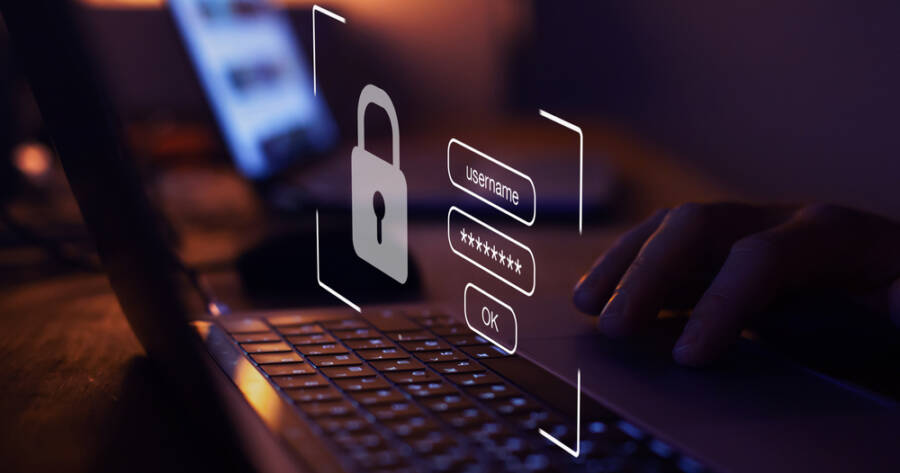In an age where our lives are increasingly intertwined with the digital realm, securing your online presence has become paramount. The threat of identity theft looms large, with hackers and cybercriminals constantly seeking to exploit vulnerabilities. Start a search today to learn about the many identity theft protection solutions available online.
What Is Identity Theft?
Identity theft occurs when someone fraudulently obtains and uses your personal information, such as your Social Security number, financial data, or personal credentials, for harmful intentions. Once your identity is stolen, criminals can wreak havoc on your financial and personal life.
Identity Theft Protection: How to Protect Your Online Presence
Protecting your online presence is not just an option; it’s a necessity in today’s digital age. Here are crucial tips to fortify your defenses:
Use Strong, Unique Passwords
A robust password is your first line of defense. Create complex passwords that combine uppercase and lowercase letters, numbers, and special characters. Avoid using easily guessable information like birthdays or pet names. Using a password manager can help you generate and store these complex passwords securely.
Use Two-Factor Authentication
Enable two-factor authentication wherever possible. This additional layer of security requires you to provide not only a password but also a secondary authentication method, such as a one-time code sent to your phone. This makes it much harder for cybercriminals to gain unauthorized access to your accounts.
Strengthen Your Privacy Settings
In this digital age, privacy settings serve as your virtual gatekeepers. Take the time to review and adjust these settings on all your online profiles. On social media, consider setting your accounts to private or limiting the visibility of personal information to trusted connections only.
Always be cautious when granting access to third-party apps, ensuring they don’t require more data than necessary. Regularly revisit your privacy settings, as platforms frequently update their policies, and opt for the highest level of privacy by default.
Be Careful of What You Share
Think twice before sharing personal information online. Be wary of oversharing on social media platforms, as cybercriminals can use this information to piece together your identity. Keep sensitive data private, and only share it with trusted individuals.
Watch Out for Phishing Scams
Phishing scams involve tricking individuals into revealing sensitive information by posing as legitimate entities. Be cautious when clicking on links or providing personal details via email or unfamiliar websites. Verify the sender’s identity and use reliable antivirus software to detect potential threats.
Beware of Social Engineering Attacks
Cybercriminals often employ social engineering tactics to manipulate individuals into revealing sensitive information. These tactics can include impersonating trusted figures or organizations. Stay vigilant and verify the authenticity of any unexpected requests for personal information, even if they seem urgent or official. A healthy dose of skepticism can go a long way in preventing identity theft.
The Importance of Data Encryption
Ensure your online communications and data storage methods are secure through encryption. Encrypted messaging apps and secure file storage solutions provide an added layer of protection against unauthorized access. Additionally, look for websites that use HTTPS encryption, especially when sharing personal or financial information.
Regularly Update Your Software
Outdated software can leave vulnerabilities that hackers can exploit. Keep your operating system, applications, and antivirus software up to date. These updates often contain crucial security patches that address known vulnerabilities.
Monitor Your Online Presence
Regularly monitor your online presence by conducting Google searches of your name and monitoring your credit reports. If you spot any discrepancies or suspicious activity, take immediate action to address them.
Educate Yourself and Others
Continual education is the cornerstone of identity theft protection. Stay informed about evolving cyber threats and the latest security practices. Share your knowledge with family and friends to help create a more secure digital community. Consider taking online courses or attending workshops on cybersecurity to stay ahead of potential risks.
Identity Theft Insurance: An Added Layer of Protection
Consider investing in identity theft insurance. While it won’t prevent identity theft, it can provide financial protection in case you become a victim. Identity theft insurance can cover expenses such as legal fees, lost wages, and the cost of restoring your identity.
Start Your Search Today
Securing your online presence and protecting yourself from identity theft is not a one-time task; it’s a commitment to ongoing vigilance. Start your search today to explore the multitude of identity theft protection services and best practices available online. The digital landscape may pose risks, but with the right knowledge and tools, you can fortify your defenses and enjoy a safer online experience. Your digital identity is worth protecting, so take the first step towards a more secure online future.

